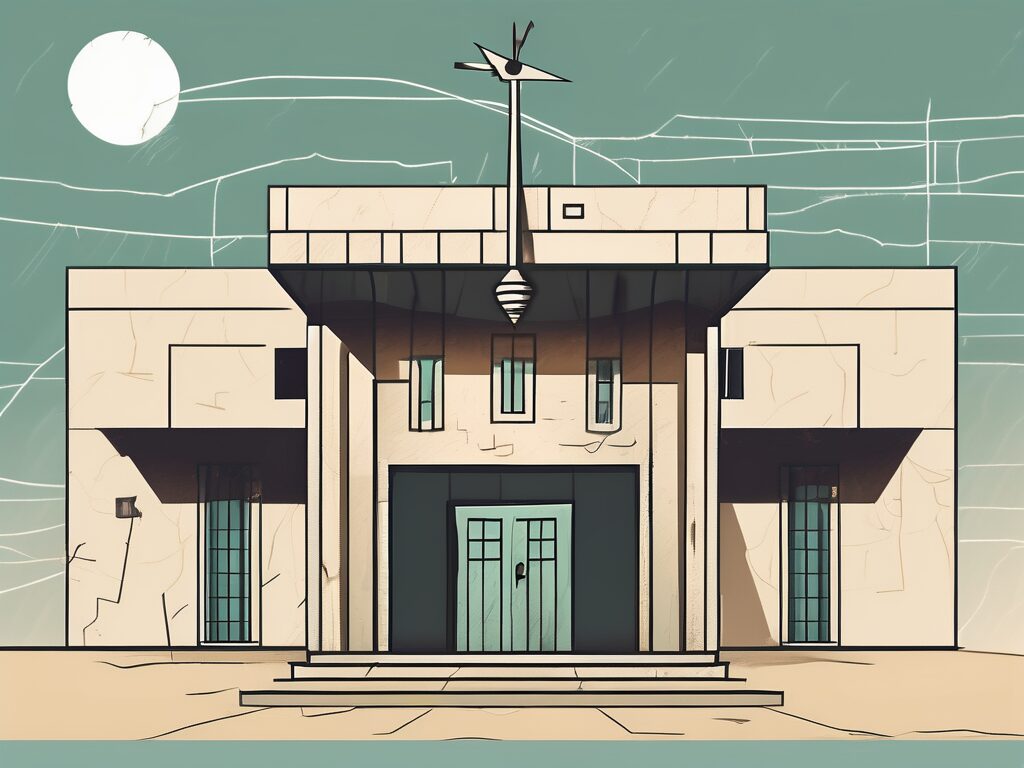The Kingdom of Saudi Arabia, a nation rich in cultural heritage and economic prosperity, has been making significant strides in the realm of education. However, like any other country, it faces its own set of challenges. In this blog post, we’ll delve into five key issues that are shaping the landscape of education in Saudi Arabia, all stemming from government policies. We’ll explore each issue in depth, shedding light on the complexities and nuances that underpin the Saudi Arabian education system.
1. Gender Segregation in Schools
The Current Scenario
One of the most prominent features of Saudi Arabian education is the segregation of genders in schools. This policy, deeply rooted in the country’s cultural and religious beliefs, has been a topic of much debate. Girls and boys are educated in separate institutions, with different curricula and teaching methods.
Implications and Comparisons
While some argue that this segregation allows for a more focused learning environment, others point out that it may hinder the development of social skills and mutual understanding between genders. In contrast, most Western countries, like the UK and the US, have mixed-gender schools, fostering an environment of equality and mutual respect from a young age.
2. The Focus on Religious Education
Emphasis on Islamic Studies
Another distinctive feature of Saudi Arabian education is the significant emphasis placed on religious education. Islamic studies form a substantial part of the curriculum, with students spending a considerable amount of time learning about the Quran, Hadith, and other aspects of Islam.
Balance with Other Subjects
While religious education is undoubtedly important in a predominantly Muslim country, critics argue that this focus often comes at the expense of other subjects, such as science, mathematics, and humanities. This is in stark contrast to countries like Finland, renowned for its education system, where religious education is balanced with a strong emphasis on a broad range of subjects.
3. Limited Access to Quality Education in Rural Areas
The Urban-Rural Divide
Access to quality education in Saudi Arabia is often determined by geographical location. Urban areas, such as Riyadh and Jeddah, have a plethora of well-equipped schools with highly qualified teachers. However, the same cannot be said for rural areas, where resources are scarce and access to quality education is limited.
Efforts to Bridge the Gap
The Saudi government has been making efforts to bridge this urban-rural divide, but progress has been slow. This issue is not unique to Saudi Arabia, though. Countries like India also grapple with similar challenges, striving to provide equitable education across diverse geographical landscapes.
4. The Need for Educational Reforms
Modernisation of the Curriculum
There has been a growing call for educational reforms in Saudi Arabia, particularly in terms of modernising the curriculum. Critics argue that the current curriculum does not adequately prepare students for the demands of the 21st century, lacking in areas such as critical thinking, creativity, and problem-solving skills.
International Benchmarking
Many countries, such as Singapore, have undergone successful educational reforms, revamping their curriculum to meet international standards and equip students with the skills needed in today’s globalised world. Saudi Arabia could potentially draw lessons from these countries in its pursuit of educational reforms.
5. The Role of Private Education
Growth of Private Schools
Private education has been on the rise in Saudi Arabia, offering an alternative to the public education system. These schools often offer international curricula, such as the International Baccalaureate (IB) or the British GCSE, attracting parents who desire a more globalised education for their children.
Quality and Affordability
However, the quality of private education varies greatly, and the cost can be prohibitive for many families. This is a common issue worldwide, with countries like Australia also grappling with the challenge of ensuring quality and affordability in private education.
In conclusion, the Saudi Arabian education system, shaped by various government policies, faces a myriad of challenges. Addressing these issues will require a balanced approach, taking into account the country’s cultural and religious values, while also striving to meet the demands of a rapidly changing world.
Empower Your Teaching Career with IPGCE
As Saudi Arabia continues to navigate the complexities of educational reform, the need for qualified and globally-aware educators has never been greater. If you’re an educator aiming to enhance your qualifications, overcome career stagnation, and connect with a global professional community, IPGCE is your gateway to success. Our International Postgraduate Certificate in Education (iPGCE) program is designed to elevate your teaching credentials, offering a significant boost in interview callbacks, promotion rates, and salary potential. Embrace the opportunity to deepen your understanding of global education systems and join a network that diminishes professional isolation. With flexible online study options, IPGCE fits seamlessly into your busy schedule, enabling you to balance career advancement with your current commitments. Don’t let inadequate credentials limit your potential. Join the UK’s #1 Teacher Training Course today and transform your educational career.

